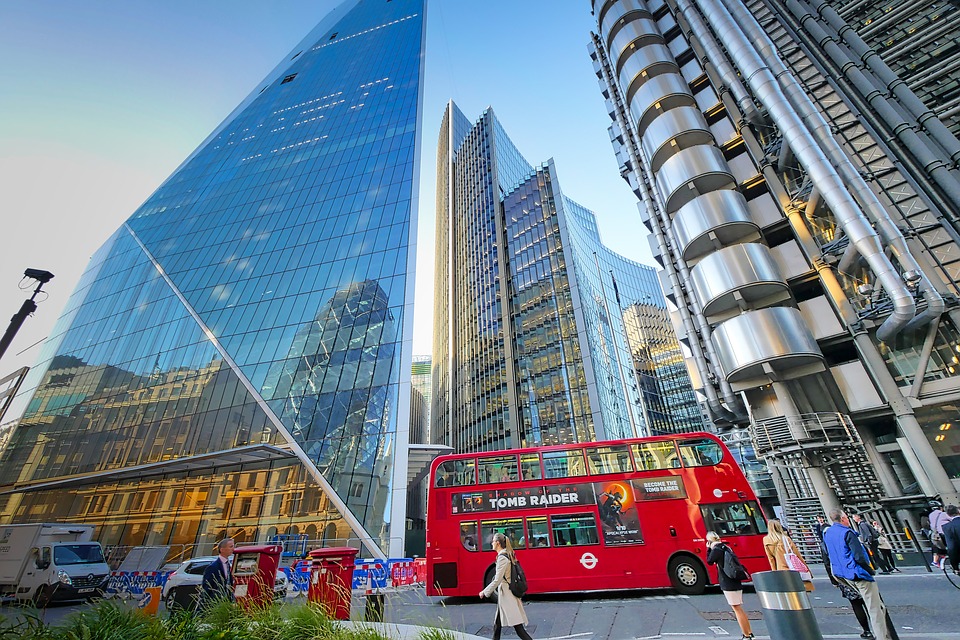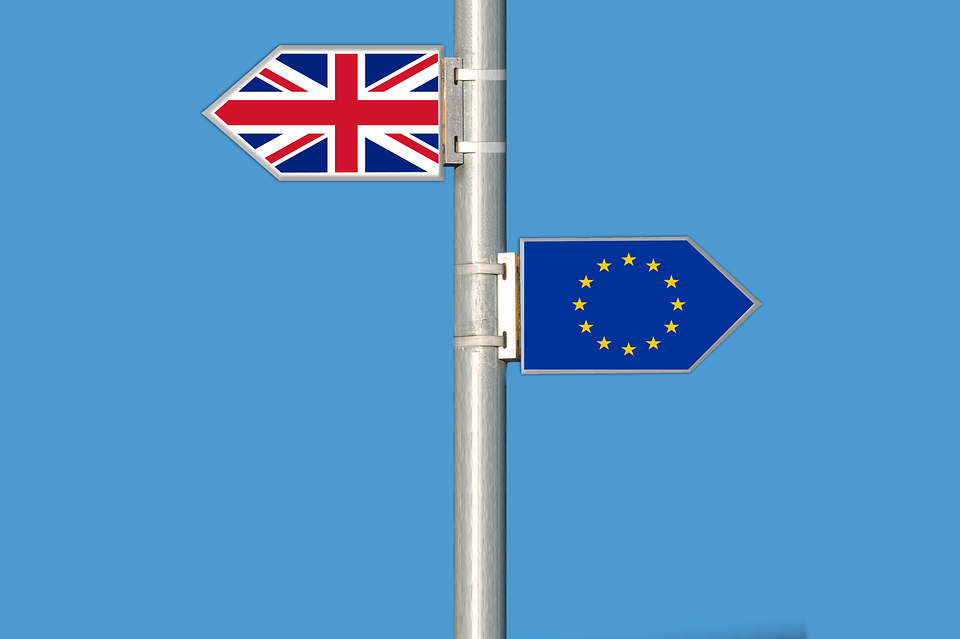The severity of the Omicron variant will determine the strength of the UK’s economic recovery from the pandemic over the coming year, according to City economists.
The British economy could reach its pre-pandemic size by the third quarter of next year if the new strain of coronavirus proves to be less deadly than first thought, economists at KPMG have predicted.
In the consultancy’s best case scenario, in which no further restrictions on economic activity are needed to curb the spread of Omicron, the UK economy will grow 4.2 per cent in 2022 and 2.2 per cent in the following year.
Although growth could be tempered by an initial hit to consumer spending due to Brits becoming “more worried about catching the new strain of the virus… spending patterns could be restored if the milder nature of the virus is confirmed by the end of the year,” KPMG said.
To find out more about how we can assist you with your Second Charge Mortgage please click here
The bullish predictions mirror those made by the business lobby group the Confederation of British Industry (CBI), who expect the economy to expand 6.9 per cent this year and 5.1 per cent next. These new projections are, however, downgrades from the CBI’s previous forecasts, underlining the damage supply chain issues have inflicted on confidence in the recovery.
Consumers are set to drive economic growth, with spending surging 7.6 per cent next year. Household spending will generate around 90 per cent of growth in 2022, according to the CBI.
However, ongoing supply chain breakdowns caused by demand for goods staying elevated and roaring inflation present significant headwinds to the recovery, both organisations warned.
“A turn to the worse in Covid-19 cases could see more disruption to ports and logistics in the short-term, putting upward pressure on goods prices,” KPMG added.
Even if no further restrictions are imposed over winter, inflation will hit 5.8 per cent next spring, KPMG said. The CBI expects the rate to scale to over five per cent as well, a warning that will agitate officials at the Bank of England.
The Old Lady has come under intense pressure to get a handle on inflation running wild in the UK.
Prices are rising at their fastest pace in nearly a decade, scaling 4.2 per cent in the year to October.
The Bank will announce its latest decision on interest rates on December 16.
The City was adamant the Old Lady would hike rates this month.
However, the emergence of the Omicron variant has clouded the outlook for the UK economy, prompting analysts to rein their bets on a first rate rise in three years.
Experts are already painting a bleak picture of whether the economy can withstand a reintroduction of lockdown measures.
In KPMG’s worst case scenario in which Omicron evades vaccines, the UK will squeeze out anaemic growth of 1.8 per cent.
Meanwhile, an upsurge in case rates in South Africa driven by the rapid spread of the new strain has sparked experts to redraw their projections for the year ahead.
Goldman Sachs has revised down its forecasts for US growth due to the variant “slow[ing] economic reopening,” the Wall Street giant said in a research note.
By JACK BARNETT
Source: City AM
Discover our Second Charge Mortgage Broker services.








